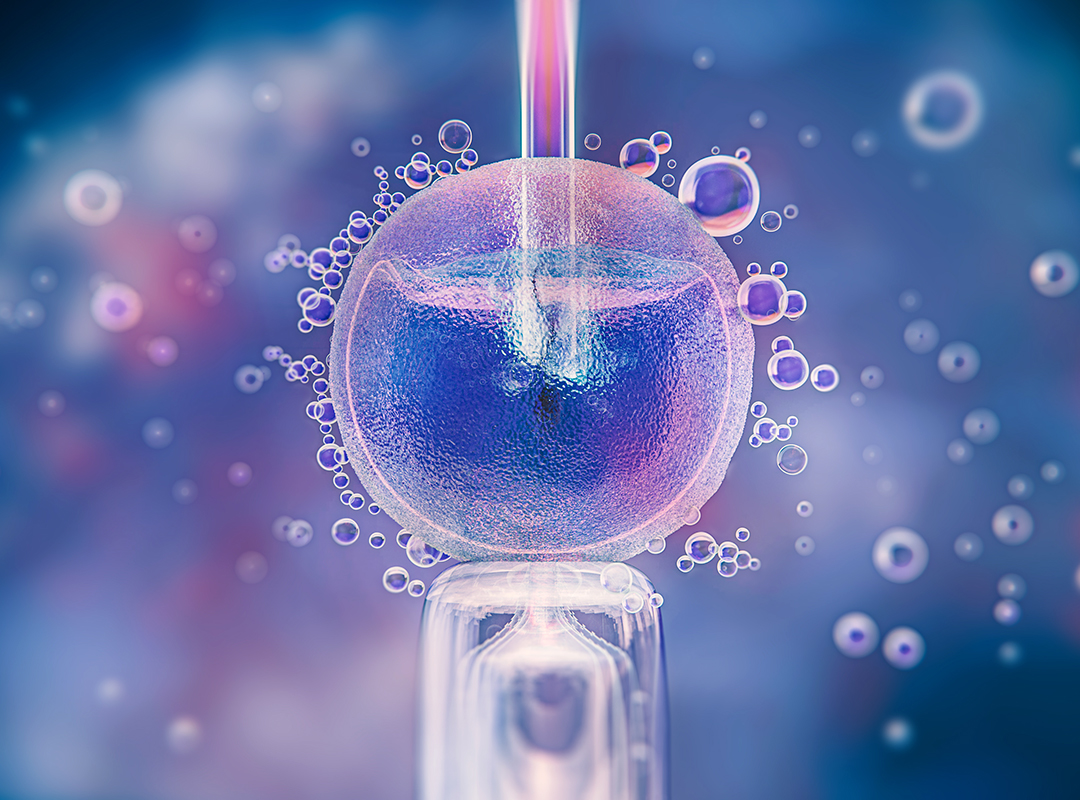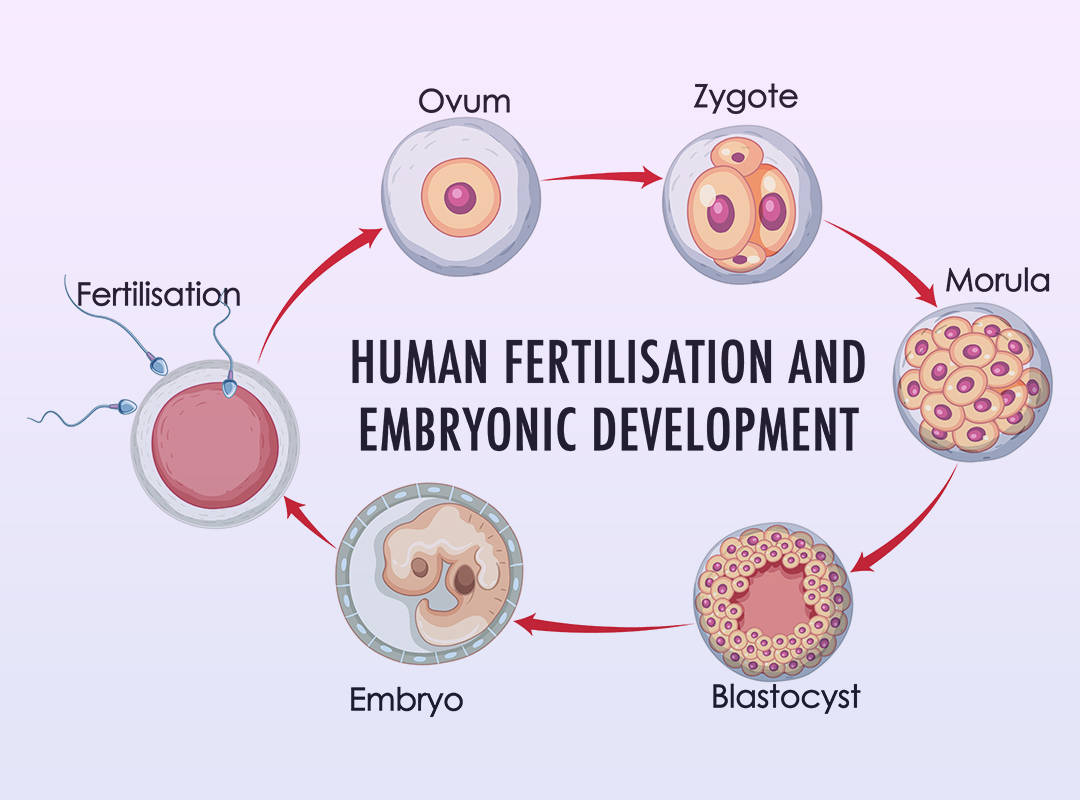
Blastocyst Transfer in IVF
Welcome to Vaishnavi Fertility Centre Ambattur, the trusted destination for advanced reproductive care and the best in Blastocyst Transfer in IVF in Chennai. We understand that your journey to parenthood is unique, and we're dedicated to providing you with the highest quality fertility treatments and compassionate care. In this article, we'll explore the importance and benefits of Blastocyst Transfer in IVF and why our center is the top choice for this innovative procedure.
What Is Blastocyst Transfer in IVF?
Blastocyst Transfer is an advanced technique used during In Vitro Fertilization (IVF) treatment. In a traditional IVF cycle, embryos are typically transferred to the uterus on day 3 after fertilization. In contrast, Blastocyst Transfer involves culturing embryos in the laboratory for an extended period, allowing them to develop for five to six days before transfer. At this stage, embryos have reached the blastocyst stage, which is a more advanced developmental phase.
Who can benefit from blastocyst culture?
Blastocyst culture, a technique used in assisted reproductive technology (ART) such as in vitro fertilization (IVF), can offer benefits to a range of individuals and couples seeking fertility treatment.
Here are the groups of people who can benefit from blastocyst culture:
Women of Advanced Maternal Age: Older women, typically above the age of 35, may benefit from blastocyst culture as it allows for better embryo selection. With advancing age, the quality and quantity of eggs decline, making it essential to choose the most viable embryos to increase the chances of a successful pregnancy.
Unexplained Infertility: Couples or individuals with unexplained infertility can benefit from blastocyst culture because it allows for extended embryo monitoring and selection, potentially revealing underlying issues that may be hindering conception.
Repeated IVF Failures: Individuals or couples who have experienced multiple failed IVF cycles may benefit from blastocyst culture. It offers an opportunity to assess embryo quality more thoroughly and potentially identify factors contributing to previous failures.
Male Infertility: In cases of male infertility where sperm quality or quantity is compromised, blastocyst culture combined with intracytoplasmic sperm injection (ICSI) can help select the healthiest embryos for transfer, compensating for sperm-related issues.
Polycystic Ovary Syndrome (PCOS): Women with PCOS often produce a higher number of eggs during IVF. Blastocyst culture allows for better management of these multiple embryos and improves the selection of the highest-quality ones.

Recurrent Pregnancy Loss: Couples who have experienced recurrent miscarriages may benefit from blastocyst culture with preimplantation genetic testing (PGT). This testing can identify chromosomal abnormalities in embryos, reducing the risk of miscarriage and increasing the chances of a successful pregnancy.
Single Embryo Transfer (SET): For individuals or couples who wish to reduce the risk of multiple pregnancies (e.g., twins or triplets), blastocyst culture allows for the selection of the best single embryo for transfer while maintaining high success rates.
Limited Embryo Supply: In cases where only a limited number of embryos are available, such as in egg donation or cases of diminished ovarian reserve, blastocyst culture can be particularly advantageous, as it maximizes the chances of implantation.
F.A.Q
Frequently asked questions
-
What is Blastocyst Transfer in IVF?
Blastocyst Transfer is an advanced technique in IVF where embryos are cultured for an extended period to the blastocyst stage before being transferred into the uterus.
-
How does Blastocyst Transfer differ from traditional embryo transfer in IVF?
In traditional IVF, embryos are typically transferred on day 3, whereas Blastocyst Transfer involves transferring embryos on day 5 or 6, at a more advanced stage of development.
-
Why is Blastocyst Transfer recommended?
Blastocyst Transfer is recommended to improve embryo selection, increase implantation rates, reduce the risk of multiple pregnancies, and enhance overall IVF success rates.
-
Who is a suitable candidate for Blastocyst Transfer?
Individuals or couples with various infertility factors, including age-related fertility issues, unexplained infertility, recurrent IVF failures, and sperm-related problems, can benefit from Blastocyst Transfer.
-
How can I schedule a consultation for Blastocyst Transfer at your center?
To schedule a consultation, please contact our clinic through phone or email, and our team will assist you in booking an appointment with one of our experienced fertility specialists.
-
What is the success rate of Blastocyst Transfer at Vaishnavi Fertility Centre Ambattur?
Our center can provide you with the latest success rate data during your consultation, which will be tailored to your unique circumstances.



